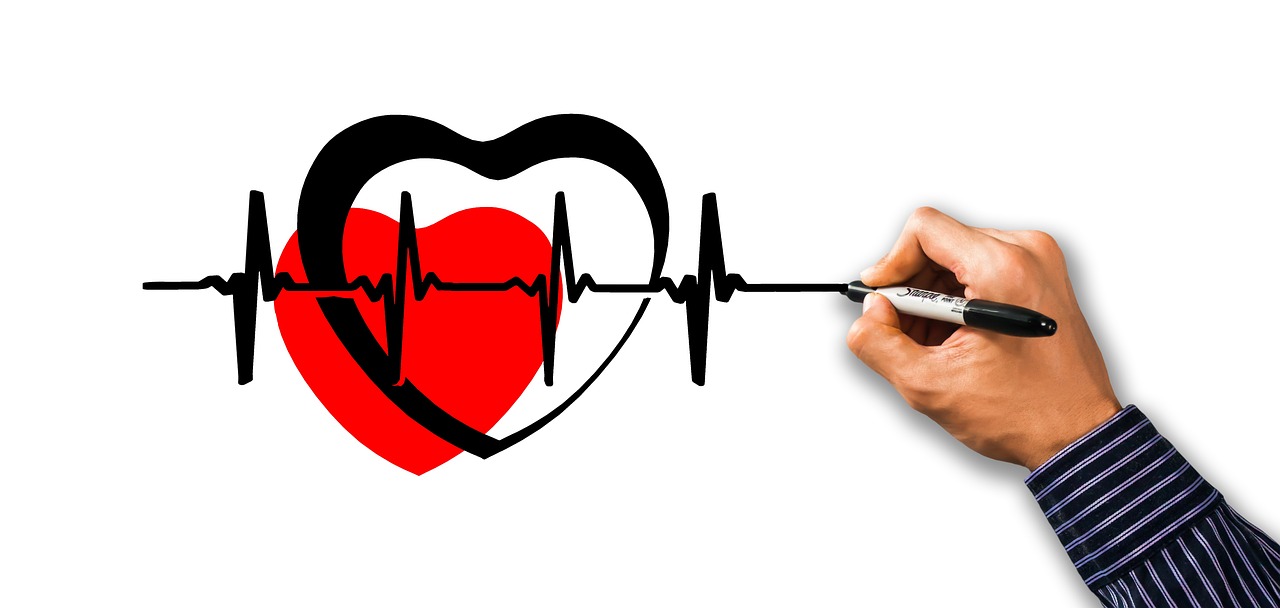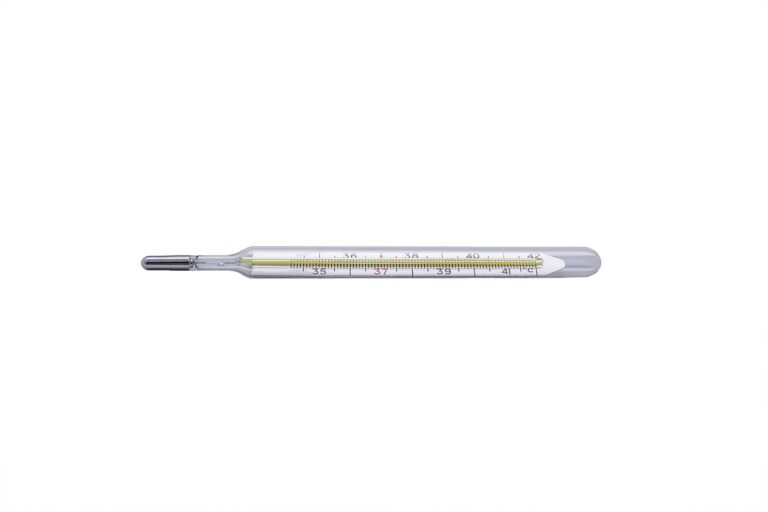The Role of Big Data in Health Research
Utilizing big data in health research offers numerous advantages to the healthcare industry. One key benefit is the ability to analyze vast amounts of data quickly and efficiently, leading to faster insights and discoveries. By harnessing big data, researchers can identify patterns and trends that may have otherwise gone unnoticed, allowing for more targeted and effective interventions in the prevention and treatment of various health conditions.
Another advantage of utilizing big data in health research is the potential for personalized medicine. Through the analysis of large datasets, healthcare providers can tailor treatments and interventions to the individual characteristics of patients, leading to more precise and effective healthcare outcomes. This personalized approach can improve patient satisfaction, reduce healthcare costs, and ultimately contribute to better overall health outcomes for individuals.
Challenges Faced in Utilizing Big Data for Health Research
One major challenge faced in utilizing big data for health research is the issue of data privacy and security. With the vast amount of sensitive health information being collected and analyzed, ensuring the protection of this data from potential breaches and unauthorized access is crucial. Maintaining compliance with regulations such as HIPAA is essential, but the evolving nature of technology makes it a constant challenge to stay ahead of threats and vulnerabilities.
Another obstacle in utilizing big data for health research is the need for skilled professionals who are proficient in data analysis and interpretation. The complexity of big data requires individuals with expertise in not only handling large datasets but also understanding the nuances of healthcare information. The shortage of qualified personnel in this specialized field can hinder the progress of utilizing big data to its full potential in health research.
Impact of Big Data on Healthcare Decision Making
Big data has revolutionized the healthcare industry by providing valuable insights that influence decision-making processes. This vast amount of data, gathered from various sources such as electronic health records, wearable devices, and medical imaging, enables healthcare professionals to make informed decisions more efficiently. By analyzing trends and patterns within the data, healthcare providers can enhance patient care, improve treatment outcomes, and optimize resource allocation.
Additionally, big data empowers healthcare decision-makers to predict and prevent potential health issues, leading to proactive rather than reactive interventions. With the help of advanced analytics and predictive modeling, healthcare organizations can identify high-risk patients, forecast disease outbreaks, and personalize treatment plans. This proactive approach not only improves patient outcomes but also reduces healthcare costs and enhances overall population health.
• Big data provides valuable insights for decision-making processes in healthcare
• Data gathered from electronic health records, wearable devices, and medical imaging
• Analysis of trends and patterns enhances patient care and treatment outcomes
• Optimizes resource allocation within healthcare organizations
Big data also enables healthcare decision-makers to predict and prevent potential health issues through proactive interventions. Advanced analytics and predictive modeling help identify high-risk patients, forecast disease outbreaks, and personalize treatment plans. This proactive approach not only improves patient outcomes but also reduces healthcare costs and enhances overall population health.
Overall, the impact of big data on healthcare decision-making is significant as it allows for more informed decisions that lead to improved patient care, optimized resource allocation, cost reduction, and better population health management. The use of big data continues to revolutionize the way healthcare professionals make decisions by providing valuable insights derived from vast amounts of information collected from various sources.
What are the benefits of utilizing Big Data in health research?
Big Data allows for the analysis of large volumes of healthcare data to identify trends, patterns, and correlations that can lead to advancements in treatments, personalized medicine, and overall healthcare outcomes.
What are some challenges faced in utilizing Big Data for health research?
Challenges include data privacy concerns, data security risks, data integration issues, and the need for skilled data analysts and scientists to interpret and analyze the data effectively.
How does Big Data impact healthcare decision making?
Big Data provides healthcare professionals with valuable insights and information to make informed decisions about patient care, treatment options, resource allocation, and overall healthcare strategies.
Can Big Data improve patient outcomes in healthcare?
Yes, Big Data can help identify best practices, predict potential health risks, personalize treatment plans, and ultimately improve patient outcomes by enabling evidence-based decision making in healthcare.
How can healthcare organizations leverage Big Data for better decision making?
Healthcare organizations can use Big Data analytics to streamline operations, reduce costs, improve quality of care, enhance patient satisfaction, and drive innovation in healthcare delivery models.







